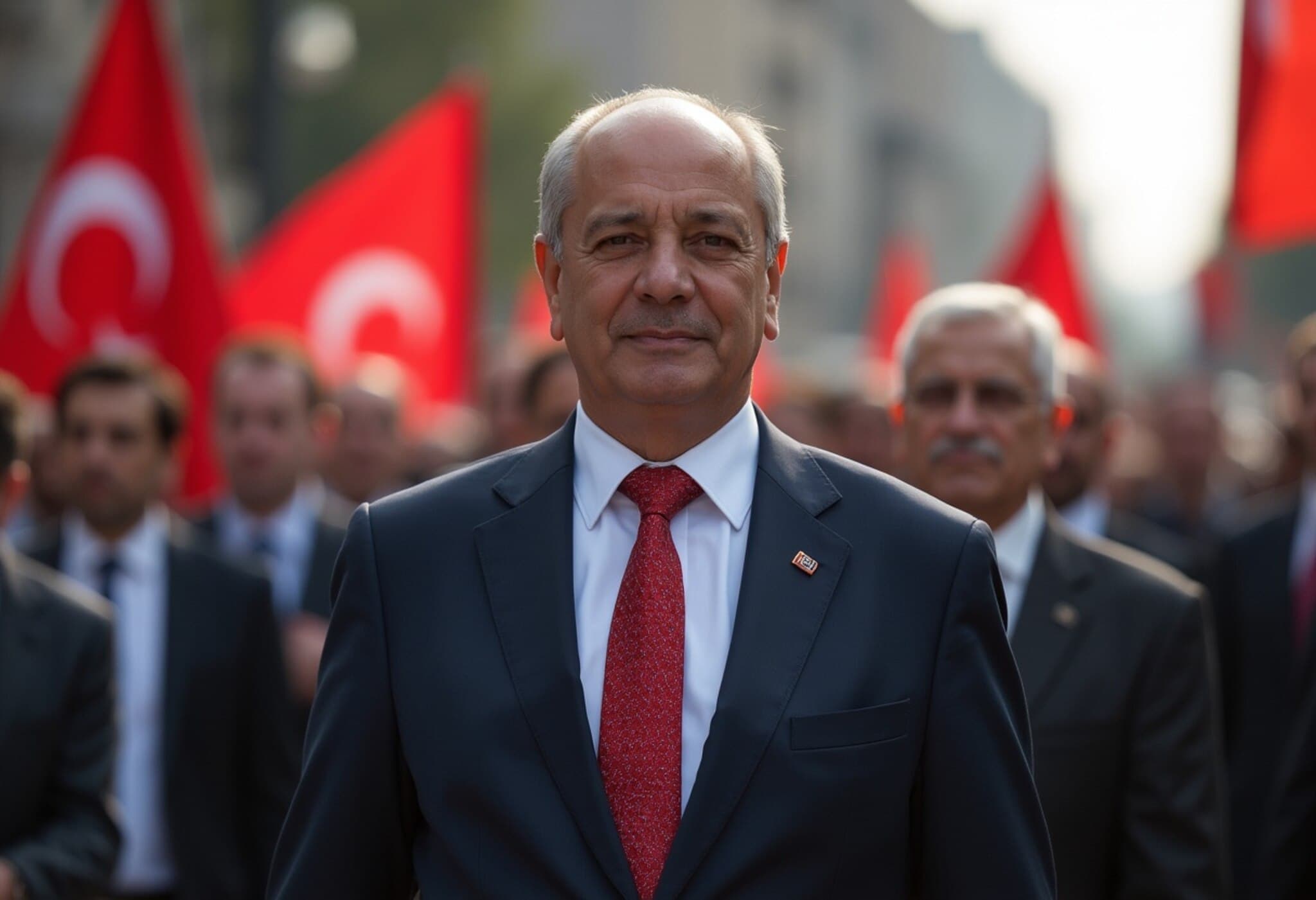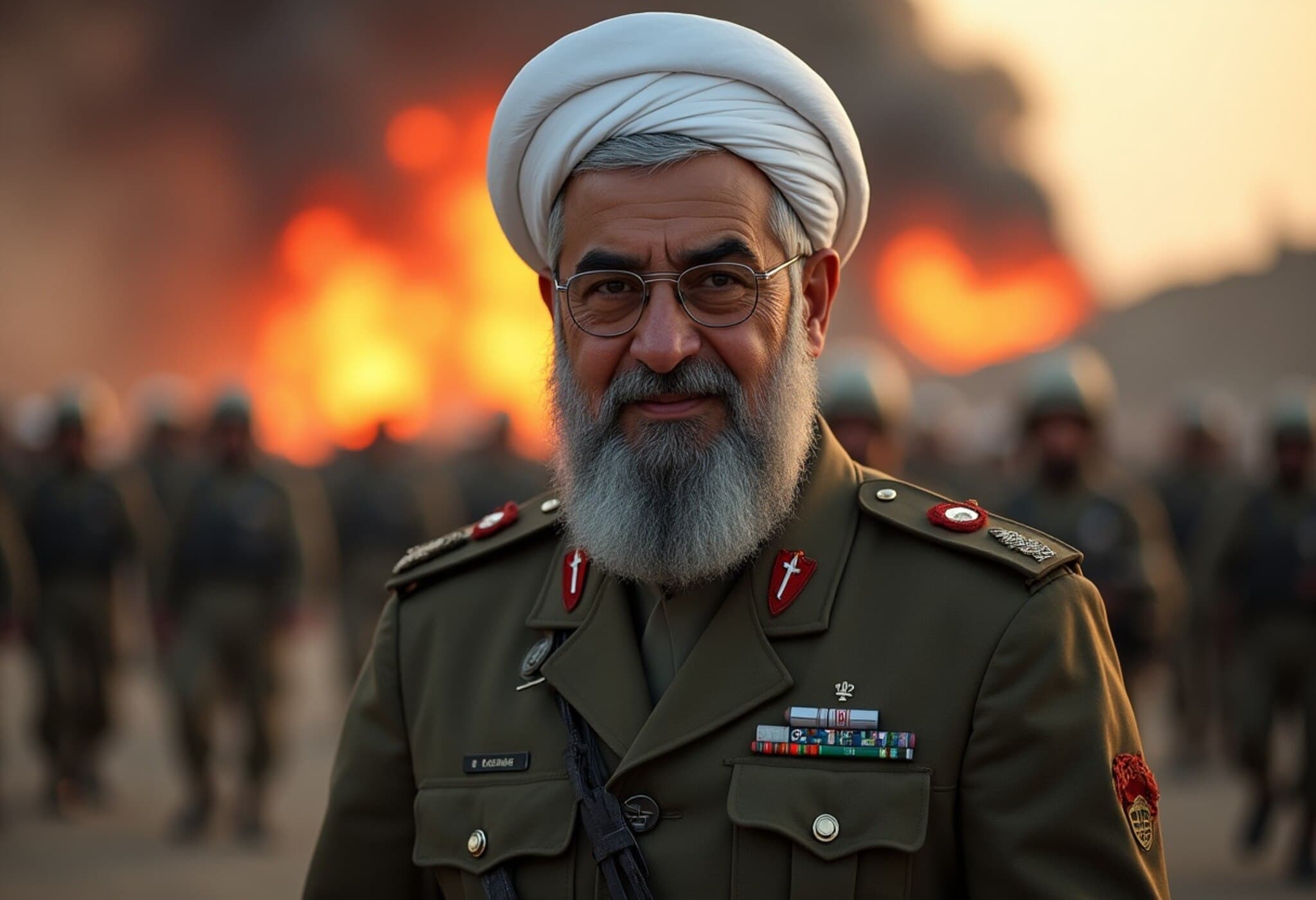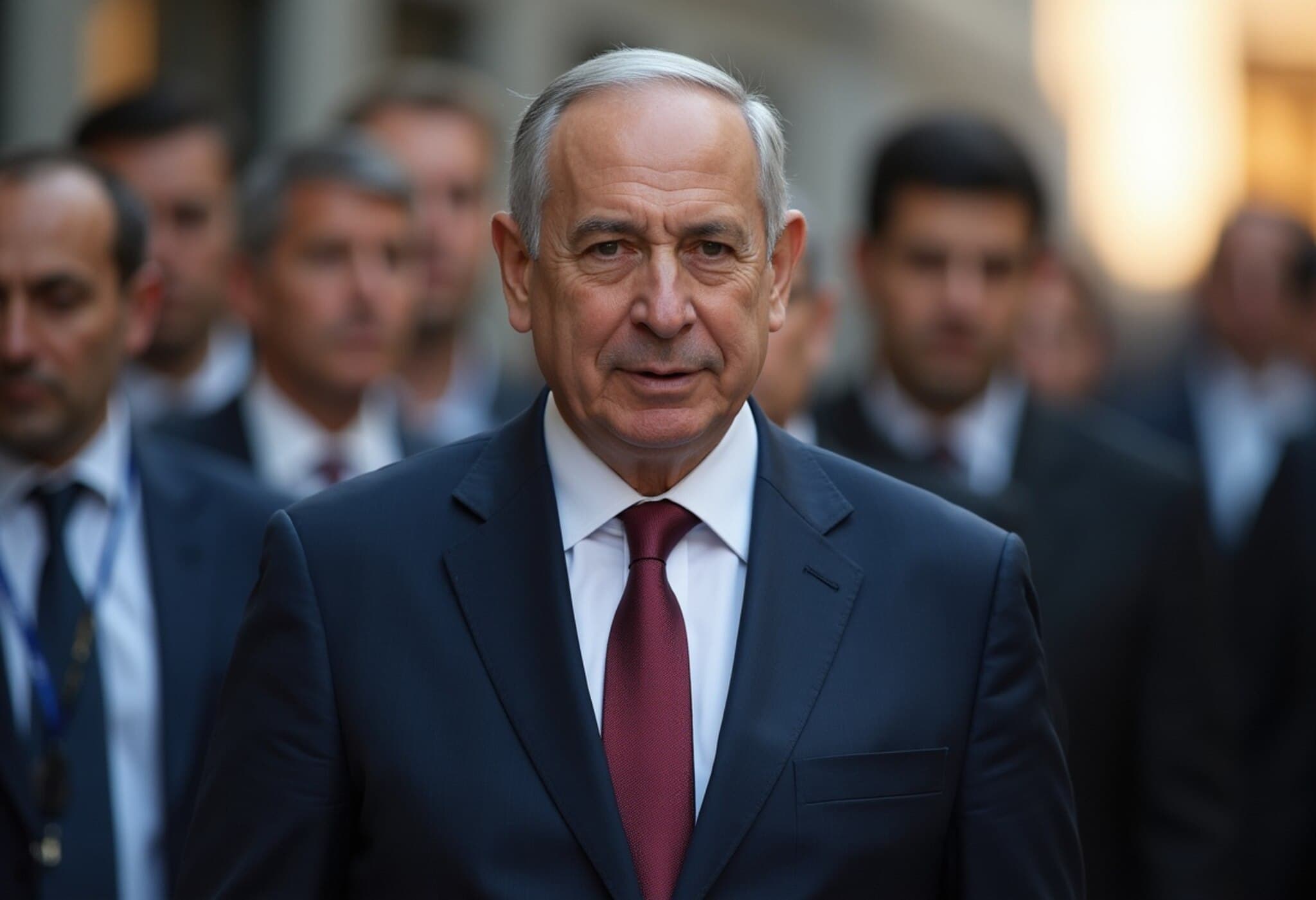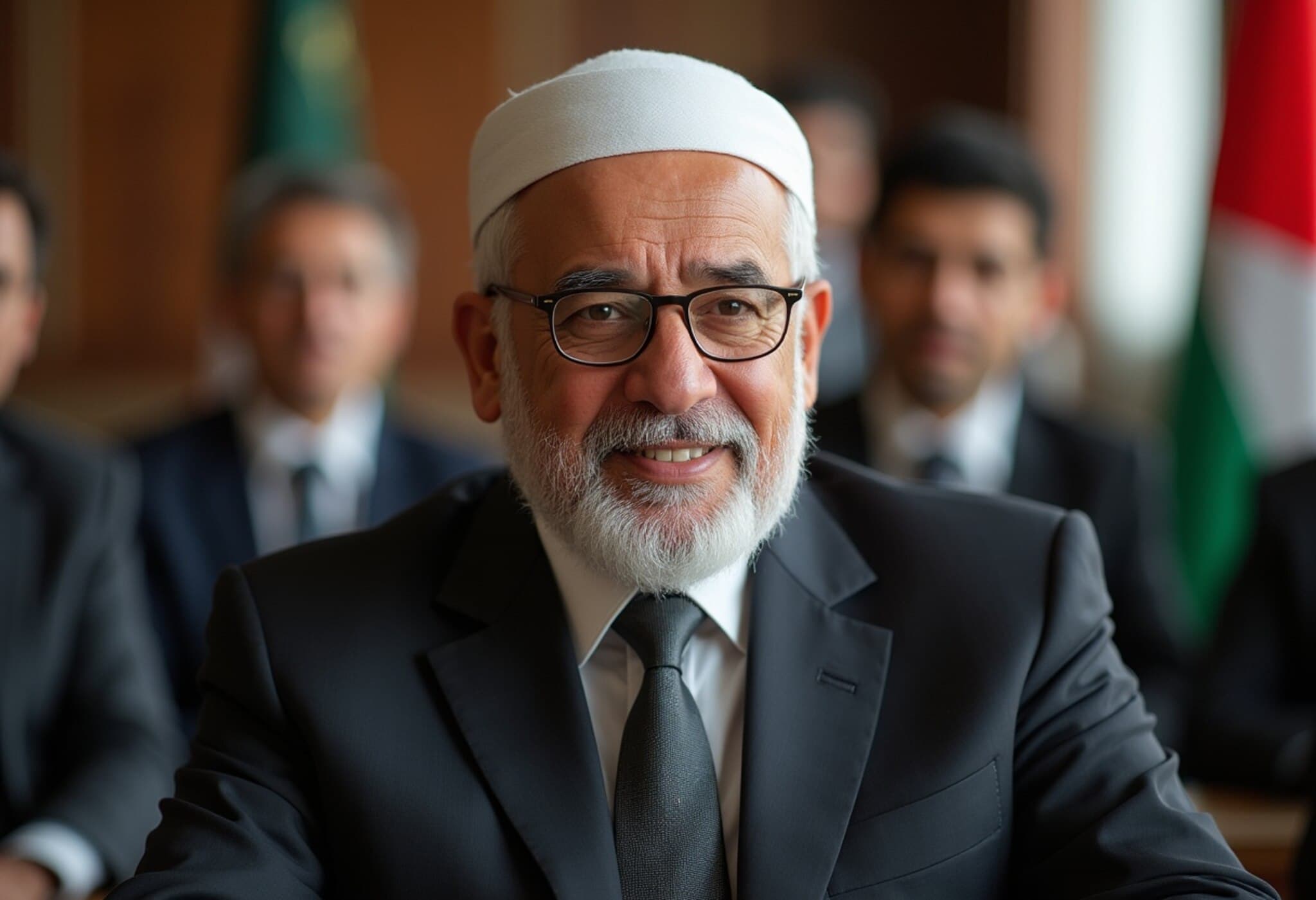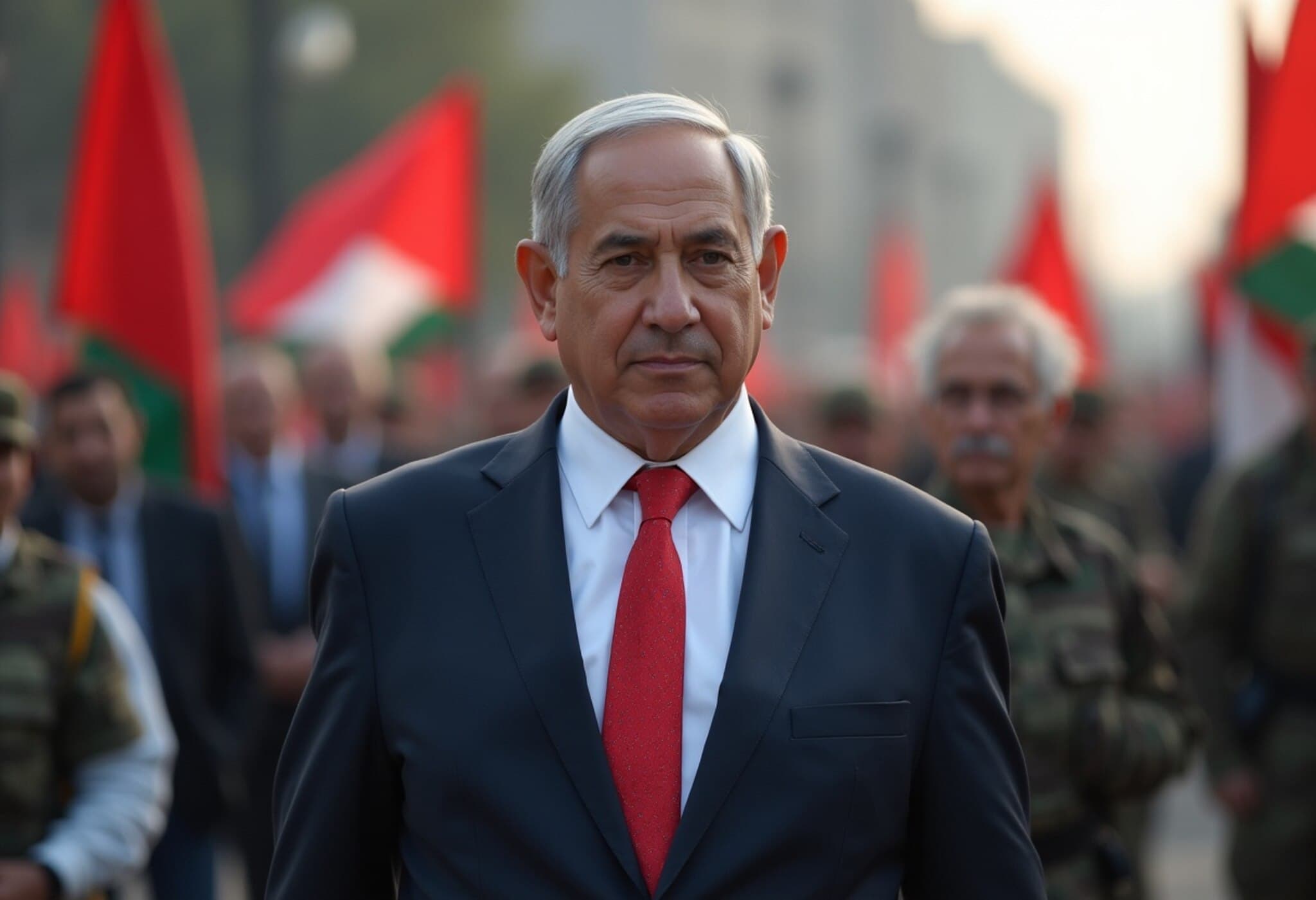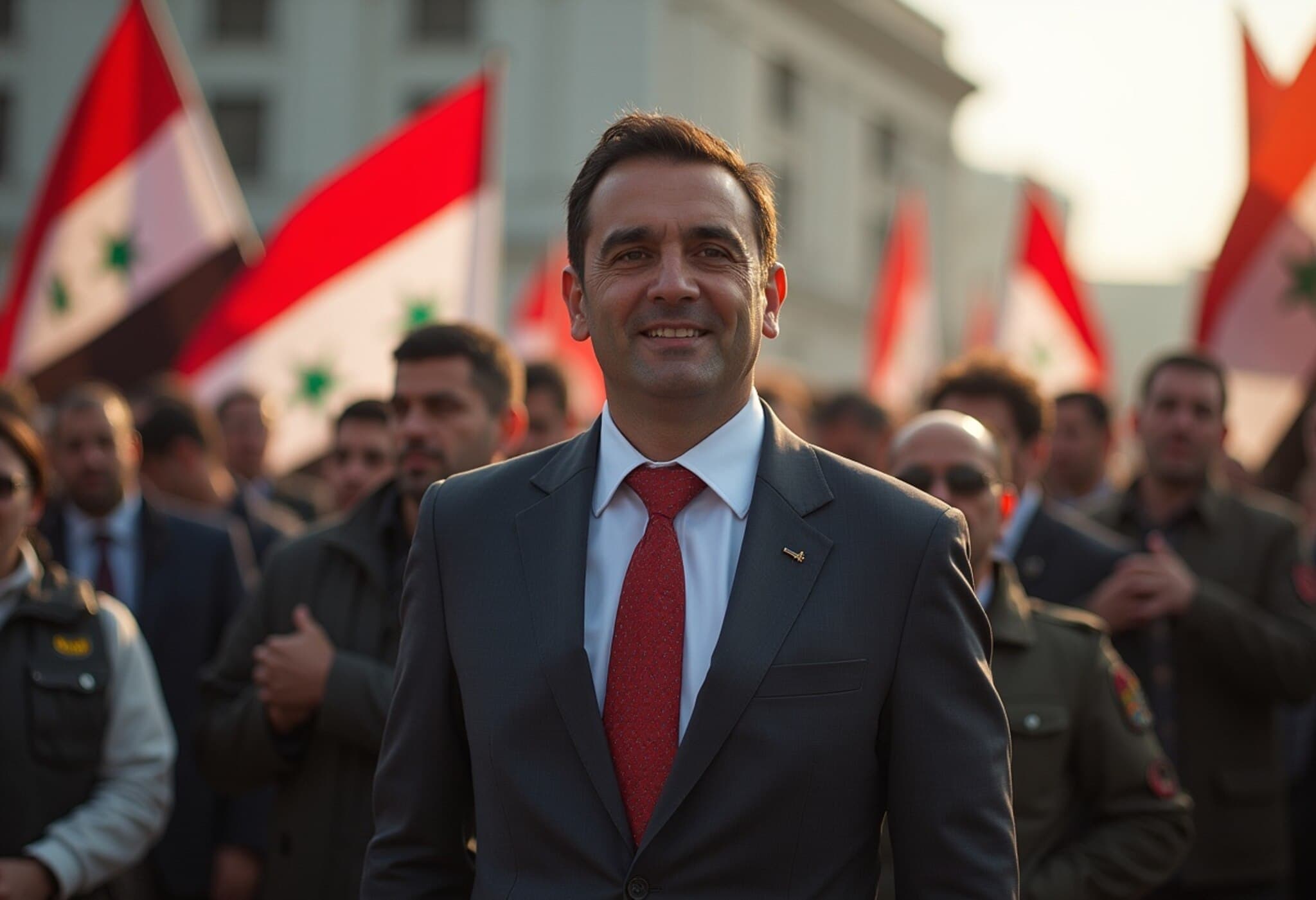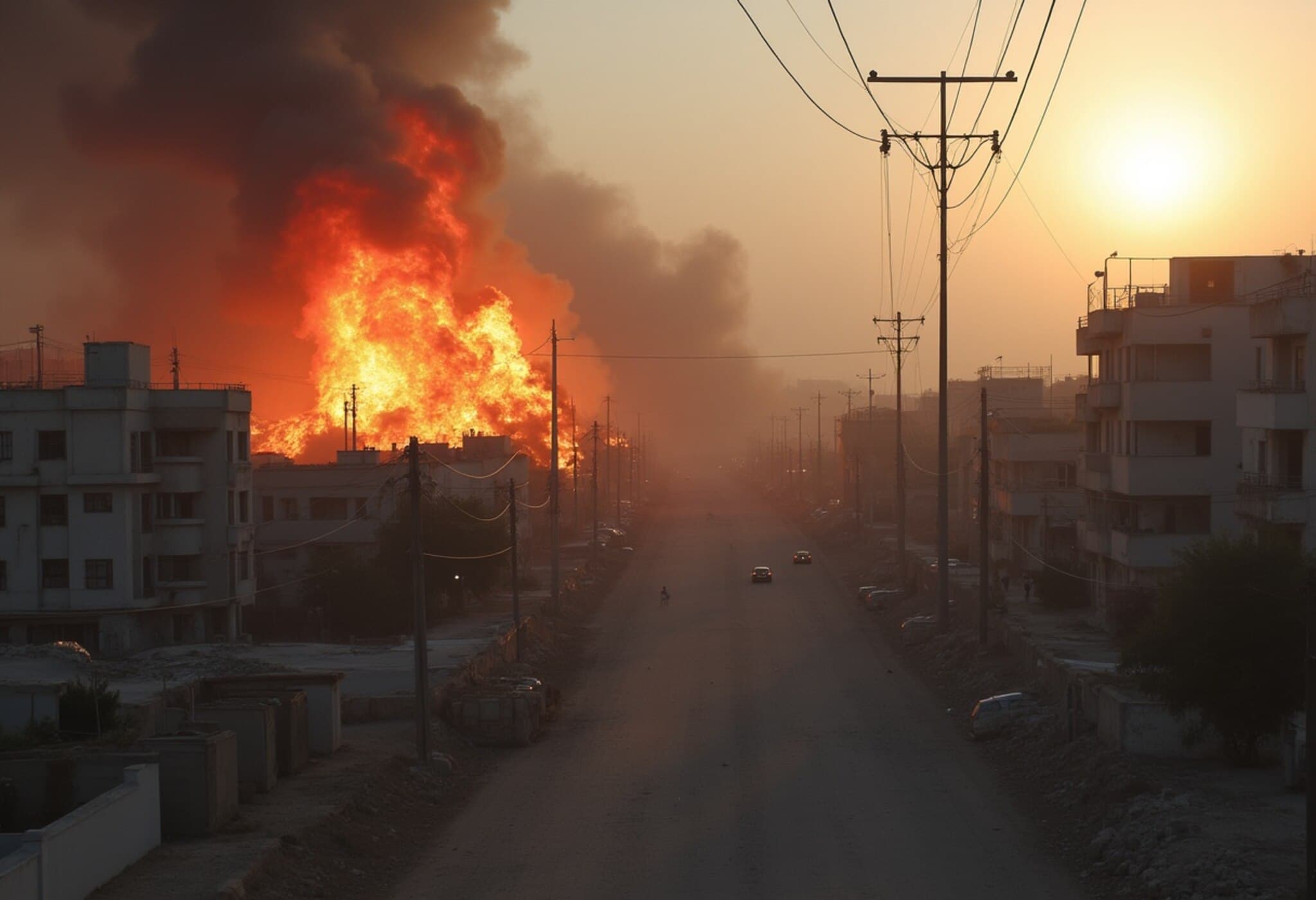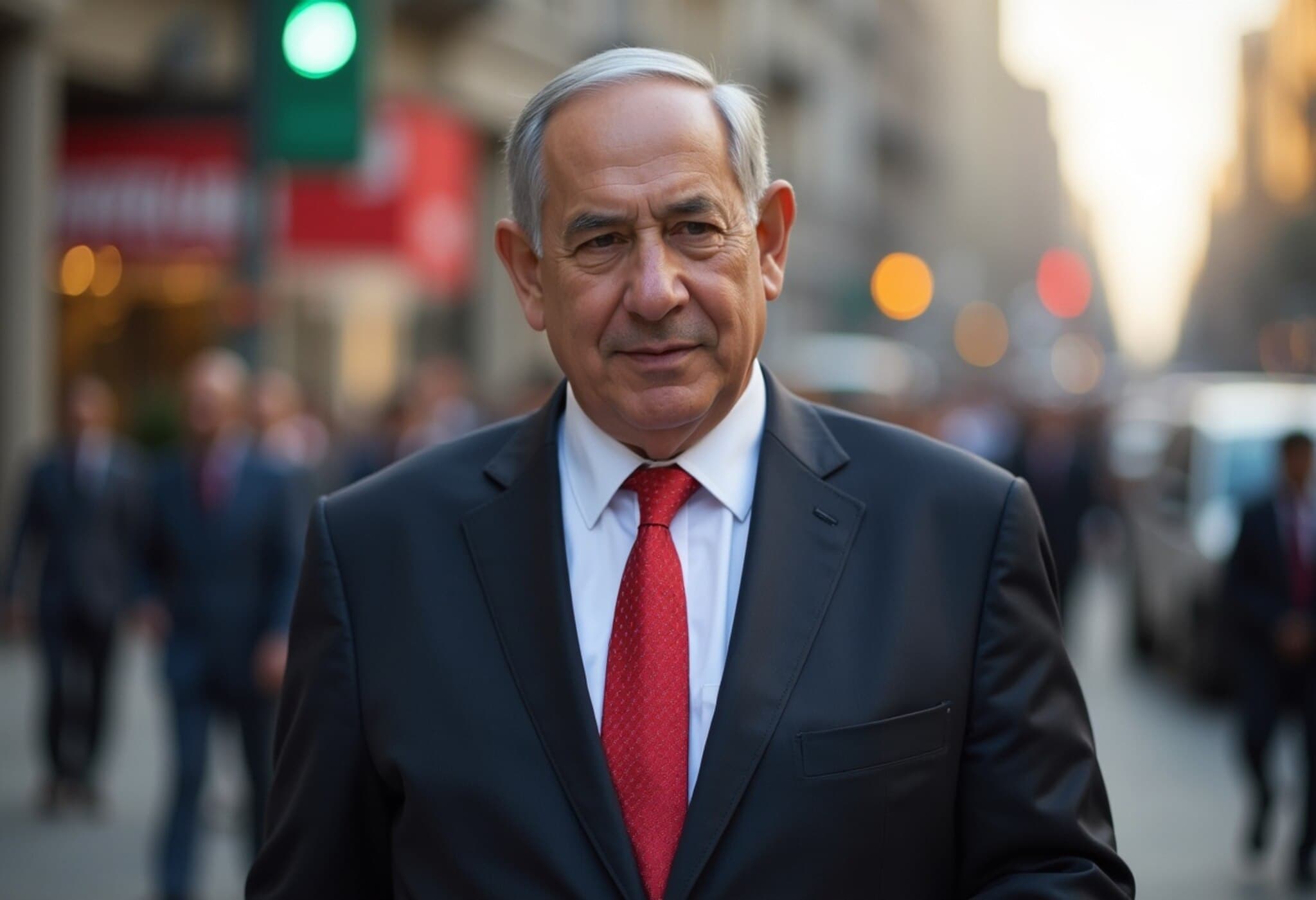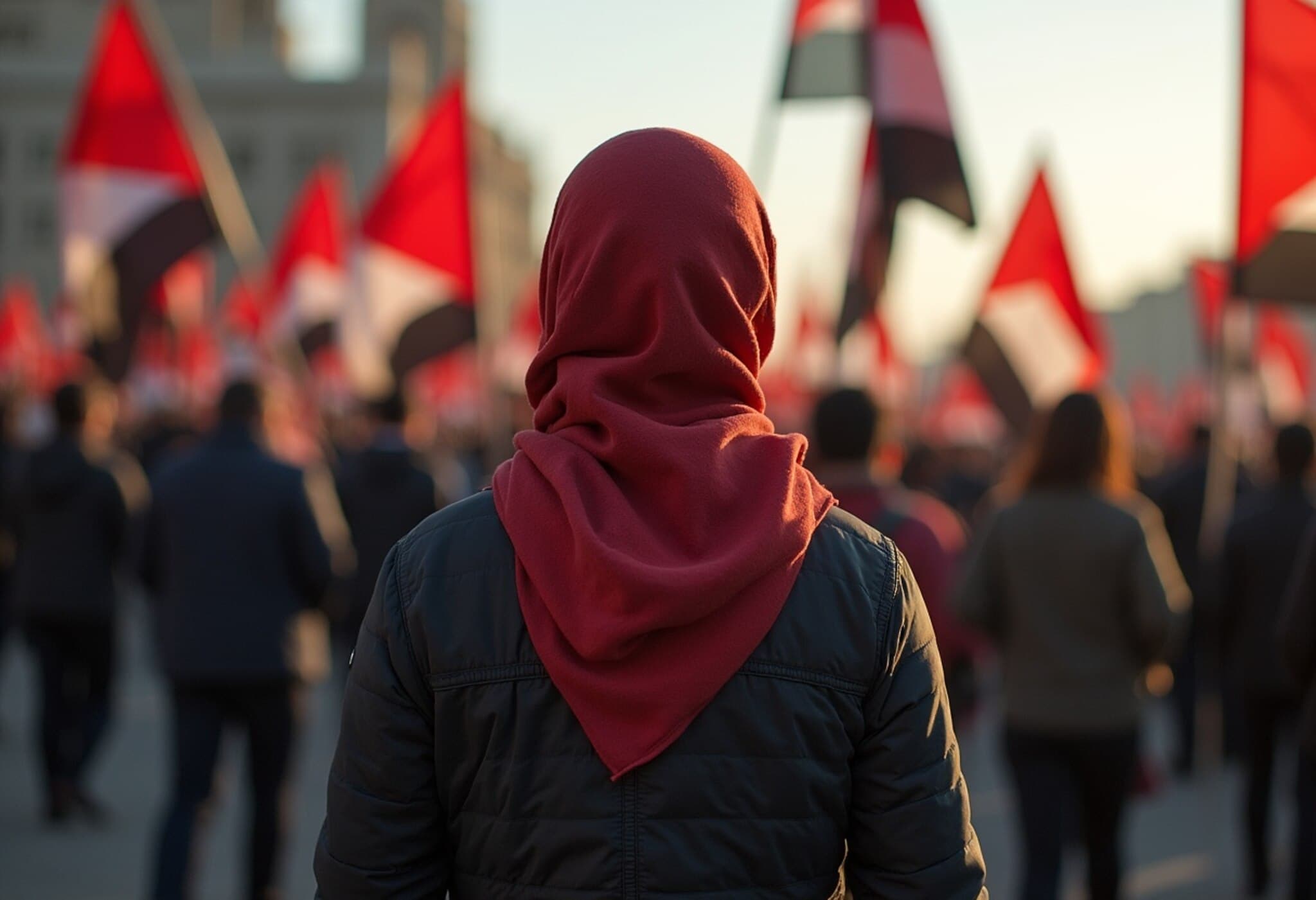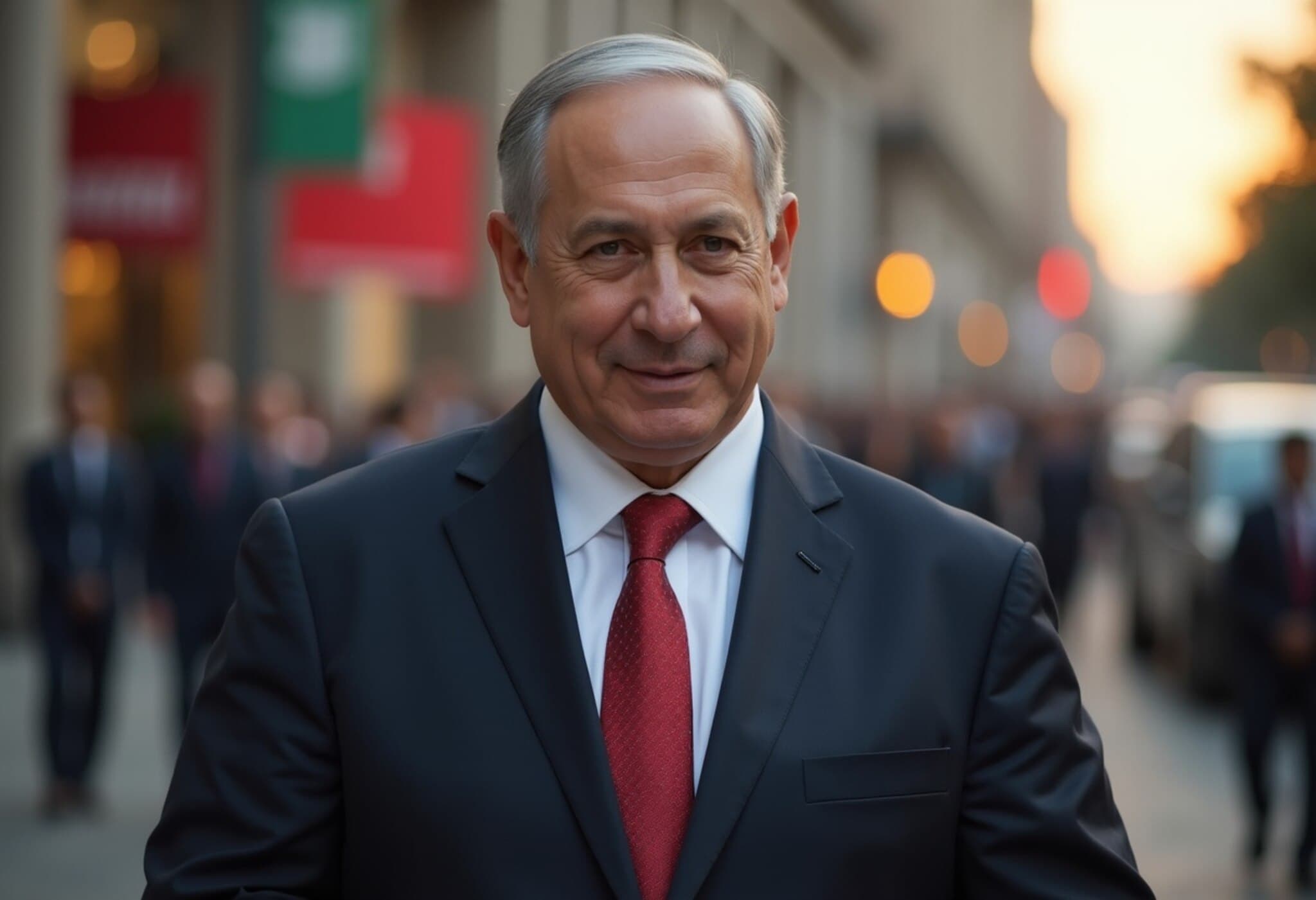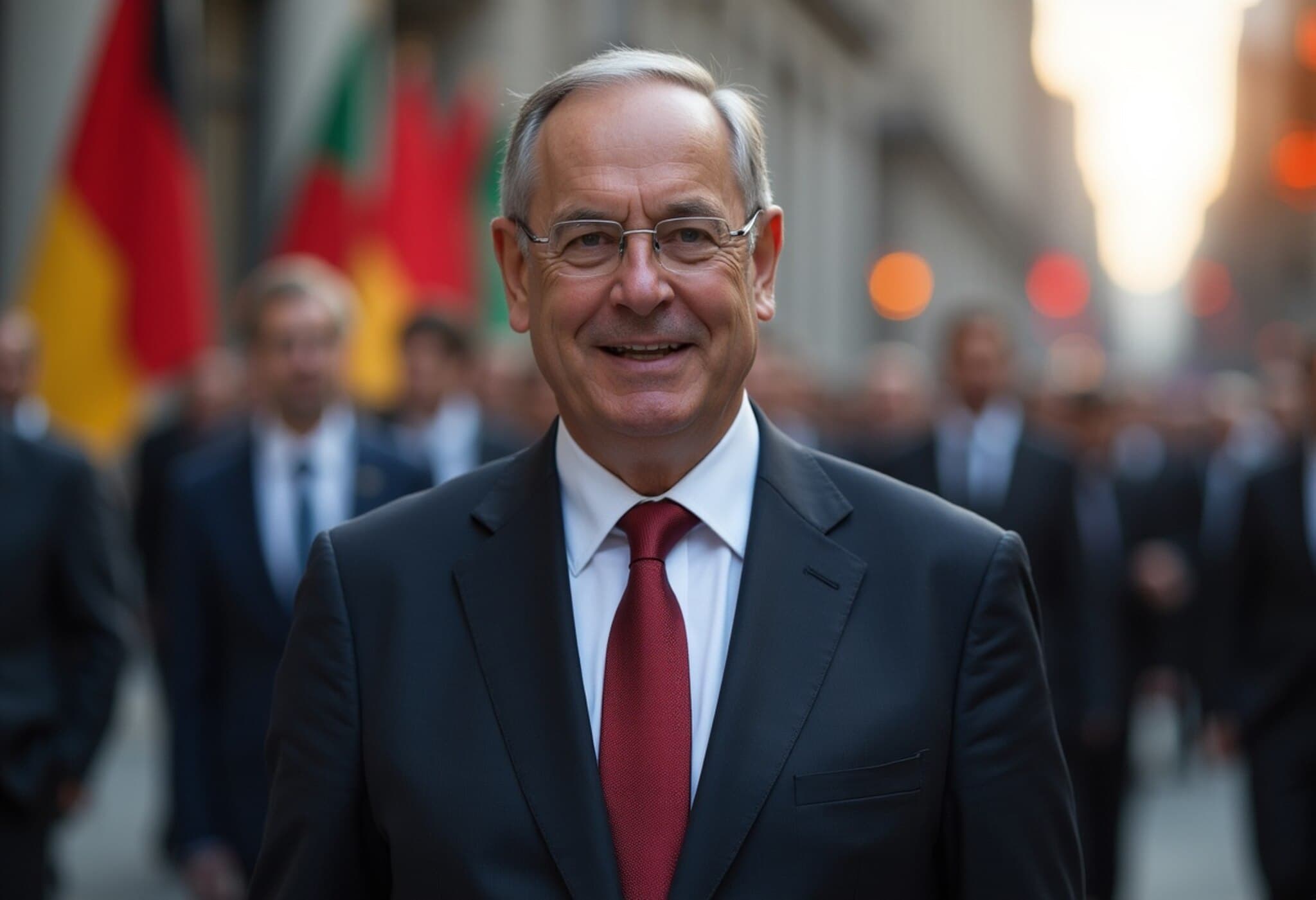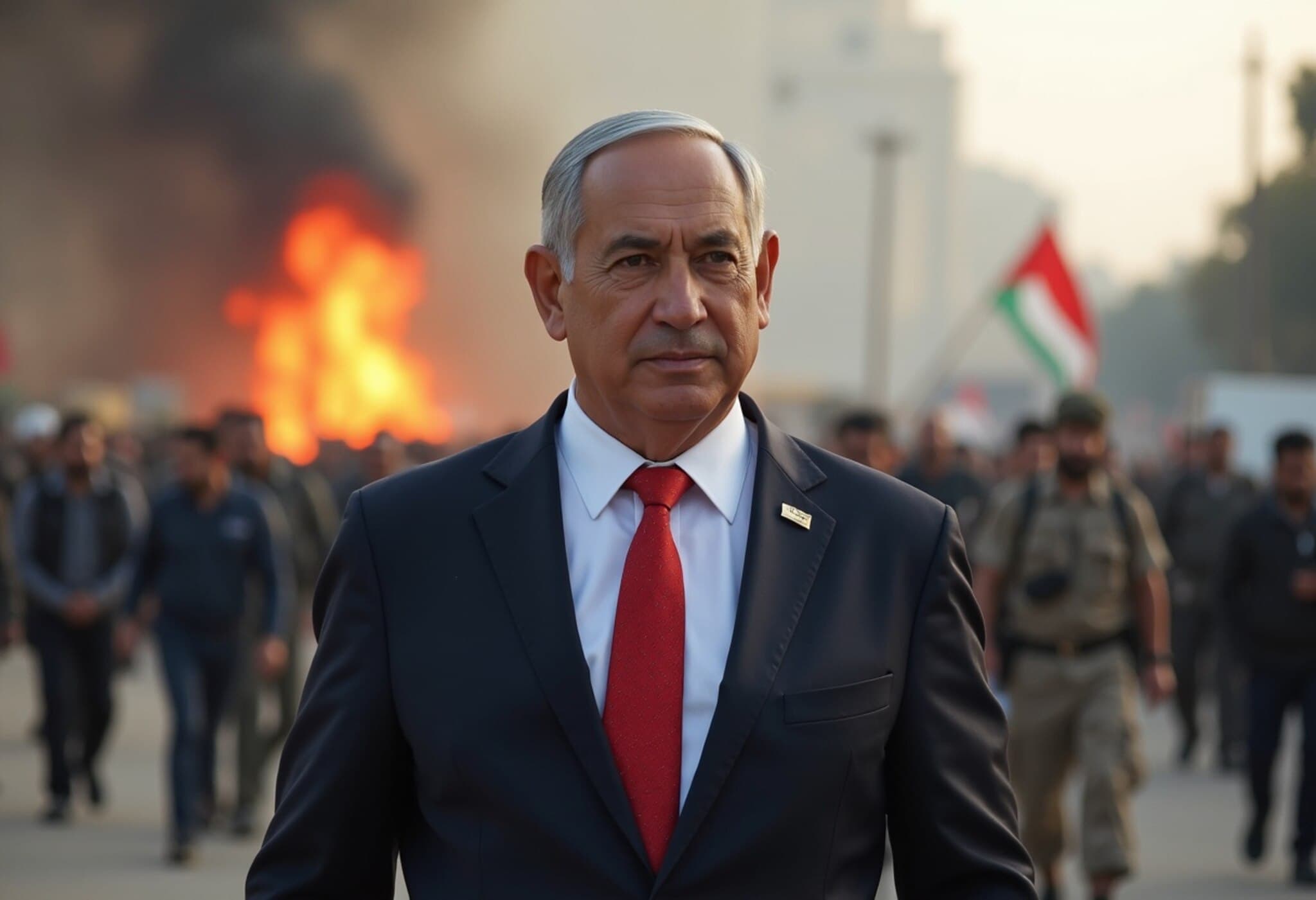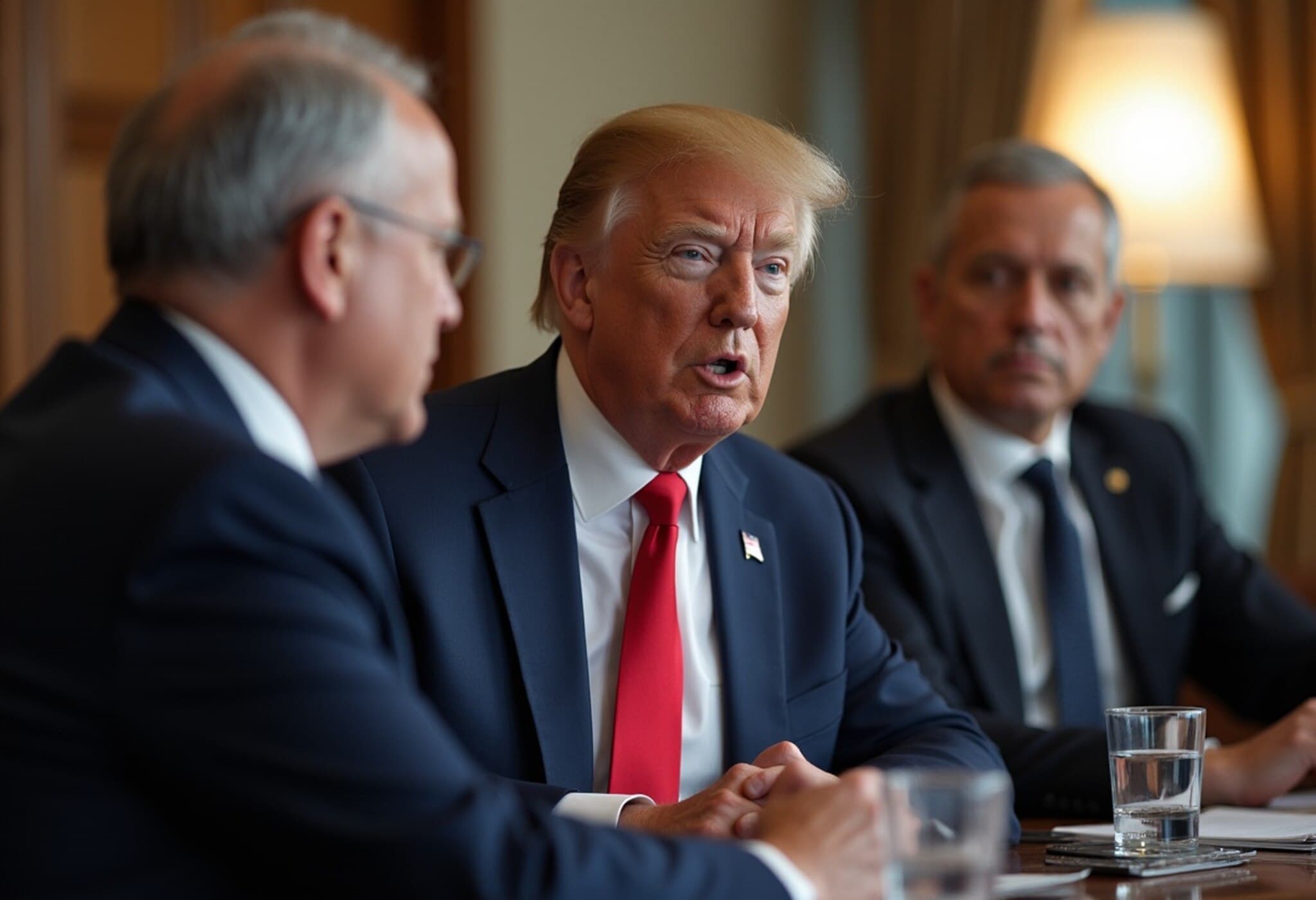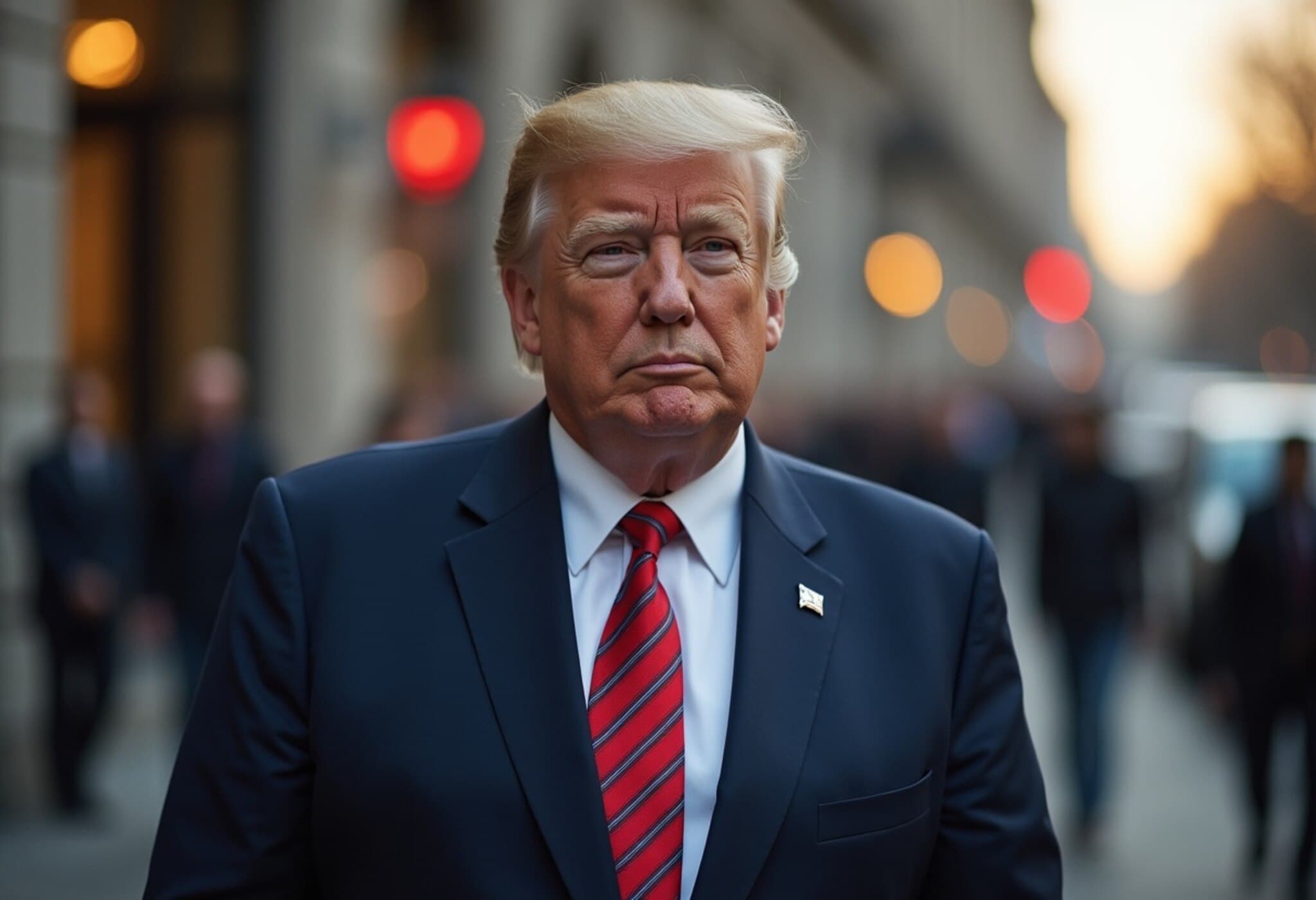Israel's Generational Challenge: Winning Hearts of Gen Z Amid Gaza Conflict
As the conflict in Gaza continues, Israel finds itself wrestling not only with battlefield realities but also with a critical challenge far from the front lines: public opinion among young Westerners. Prime Minister Benjamin Netanyahu recently acknowledged the uphill battle in securing support from Generation Z, the demographic cohort born between 1997 and 2012, whose attitudes may reshape Western governments’ foreign policies in years to come.
Netanyahu’s Candid Admission on Gen Z Support
In a rare moment of openness on the UK podcast Triggernometry, Netanyahu conceded that his government has “work to do” to convince younger generations in the West of Israel’s perspective. This admission arrives amid widespread protests sweeping major Western cities, with student groups and youth activists particularly visible in demonstrations opposing Israel’s military operations in Gaza.
Polling data underscores this shifting sentiment: a recent Gallup poll found that only 6% of Americans aged 18 to 34 view Netanyahu favorably, and a mere 9% support Israel’s military actions. This generational gap reflects broader trends of increasing skepticism among youth worldwide regarding traditional alliances and military interventions.
Contextualizing the Shift: Ideology, Media, and Global Politics
Netanyahu framed the waning support not merely as opposition to Israel but as part of a larger ideological battle targeting Western values themselves. While he did not specify the actors orchestrating this campaign, the implication suggests a global contest over narrative control and the framing of international conflicts.
Meanwhile, relations with key allies remain complex. Netanyahu praised U.S. President Donald Trump as an “exceptional friend of Israel,” noting Washington’s stalwart backing in contrast to European capitals like France and the UK, where leaders have signaled support for Palestinian state recognition—moves Netanyahu dismissed as concessions to anti-Israel sentiment. This divergence highlights the geopolitical fragmentation and the delicate balance of diplomacy in the Middle East context.
Domestic Divisions Deepen as Military Operations Expand
At home, Netanyahu faces a fractured society as the government prepares to mobilize 60,000 reservists for an anticipated expanded ground operation in Gaza. While some Israelis back strong military action, others urge for diplomatic solutions to free hostages held by Hamas and to avoid further bloodshed.
This internal tension mirrors the generational shift in the West—where younger citizens increasingly question the long-term efficacy and morality of protracted conflict. Israeli leaders must navigate these complex fault lines to sustain both military efforts and social cohesion.
Expert Insight: Why Gen Z’s Perspective Matters
Generation Z’s worldview is shaped by unprecedented access to diverse information sources, social media activism, and a strong emphasis on human rights and social justice. Their skepticism towards conventional political narratives poses a particular challenge for governments like Israel’s, which rely heavily on diplomatic and public support internationally.
For U.S. policymakers and Western democracies, this indicates a possible shift in foreign policy priorities. As Gen Z voters gain political influence, administrations may face increased pressure to reconsider military alliances, humanitarian aid, and conflict engagement strategies.
Looking Ahead: The Battle for Hearts and Minds
Israel’s struggle transcends military logistics—it is increasingly a contest over legitimacy, narrative, and the perceptions of a globally connected youth. Winning Gen Z’s support requires more than traditional diplomacy; it demands addressing the underlying grievances and narratives shaping this generation’s worldview.
As global attitudes evolve and younger generations take the helm of policy-making, Israel’s leadership and its allies will need nuanced strategies that balance security concerns with empathetic engagement to sustain long-term support.
Editor’s Note
Netanyahu’s acknowledgment draws attention to an often-overlooked front in international conflicts: the battle for public opinion among emerging generations. This challenge is not unique to Israel but emblematic of broader geopolitical struggles where youth perspectives redefine global alliances and peace prospects. The story invites readers to consider how shifting demographics could reshape international relations and what measures might bridge the profound divides highlighted by this generational rift.


